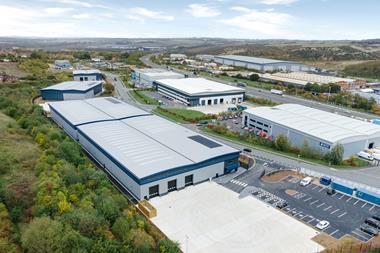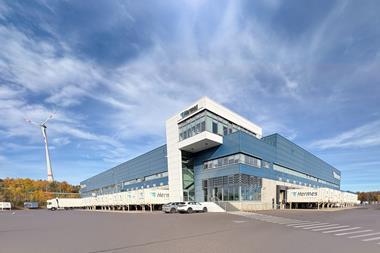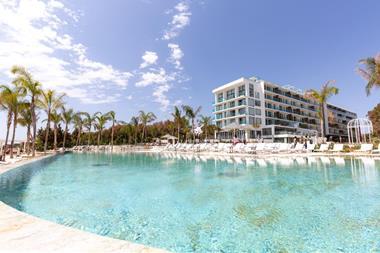Having secured a logistics investment mandate from US pension fund TRS of Texas, European investment manager Feldberg Capital is now setting its sights on entering Germany’s residential market
When the $210bn (€180bn) Teacher Retirement System of Texas sought a partner to expand its direct continental Europe investment strategy beyond the UK, Feldberg Capital was one of the investment managers pitching for the mandate.
Rodney Bysh, CEO and managing partner at Feldberg Capital, told IPE Real Assets: “We presented to them what we think is a big opportunity in German mid-box logistics. We identified a capital gap that needed to be fulfilled, and proposed a German strategy similar to the one we launched in the UK with Henry Boot.
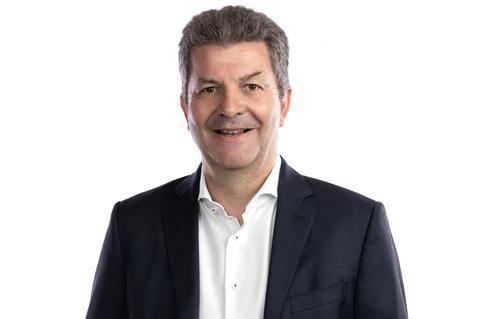
“Logistics developers are undercapitalised, tenants do not sign leases until they see the steel coming out of the ground, and banks do not easily finance spec projects. We identified a capital gap that needed to be fulfilled, and proposed a German strategy similar to the one we launched in the UK with Henry Boot.”
The idea - buy land plots with planning permission from underfunded local developers in Germany’s main western conurbations and assume construction and letting risk for the projects – was quick to win TRS of Texas’s favour and the two players have since committed to invest nearly €100m in a new German logistics venture which will enable a €200m pipeline to be developed.
Robert Bahr, managing director at Feldberg Capital, says the new joint venture will concentrate on development projects of between 15,000sqm and 50,000sqm in the main conurbations, with the highest quality and sustainability standards and providing take-up flexibility. The two partners are looking for a yield spread of 200bps between the yield on cost and potential exit yield to provide mid-teen returns on a risk-adjusted basis.
Bahr adds: “There is money to be made in providing liquidity to developers. If we look at the world before interest rates went up, there was a lot of core money around and developers could develop speculatively and fund the project through a forward sale. That sort of liquidity has disappeared and end investors have become more cautious - they want to have lease-ready projects.”
Feldberg, which has offices in London, Berlin and Frankfurt and roughly €2bn of assets under management, has already identified a number of small developers, with very good opportunities, which don’t have access to institutional capital.
“We hope to be able to deploy our initial commitment by early next year,” Bahr points out, adding that TRS has indicated that they are planning to allocate more to the strategy in the future.
With initial backing from ESAS Holding, a Turkish family office which also owns a majority interest in Feldberg, Bahr and Bysh are also looking for a third party to back them in their plan to enter the German rental residential market later this year.
“Large residential portfolios are operational intensive and investors struggle to access the sector. Several Anglo-Saxon investors are talking to us about this strategy,” says Bysh, adding that the company hopes to have secured a third partner for this strategy by year-end.
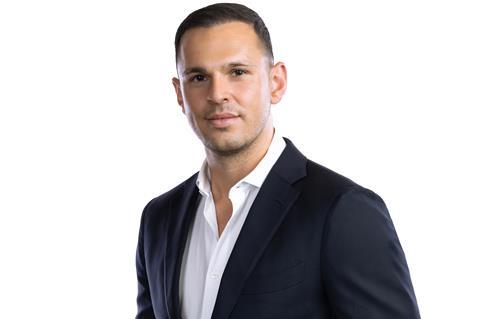
“We have already started investing on behalf of ESAS Holding providing funding to developers and housing associations in Germany,” he adds.
There is an abundance of opportunistic capital looking to enter the market, particularly from the US, according to Bysh. “Strategically, we get a lot of talk and much thinking about allocating more capital to Europe but we have not seen much happening yet. Not many pension funds from the US are moving capital to directly focussed strategies but invest via the larger well-known opportunistic managers into Europe,” Bysh says, and adds: “With president Trump rocking the world a bit, UK and European investors are however holding back on US investments.”
Alongside German beds and sheds, Bysh sees a tremendous opportunity in London offices which he expects to stage a major comeback in investment in the near future.
“The market is easy to understand and is hugely under-supplied and under-rented,” he says. “Institutional investors are starting to come back to the market and I believe an increase in investment activity in this sector is a trend that will stay with us for a while.”
To read the latest IPE Real Assets magazine click here.





